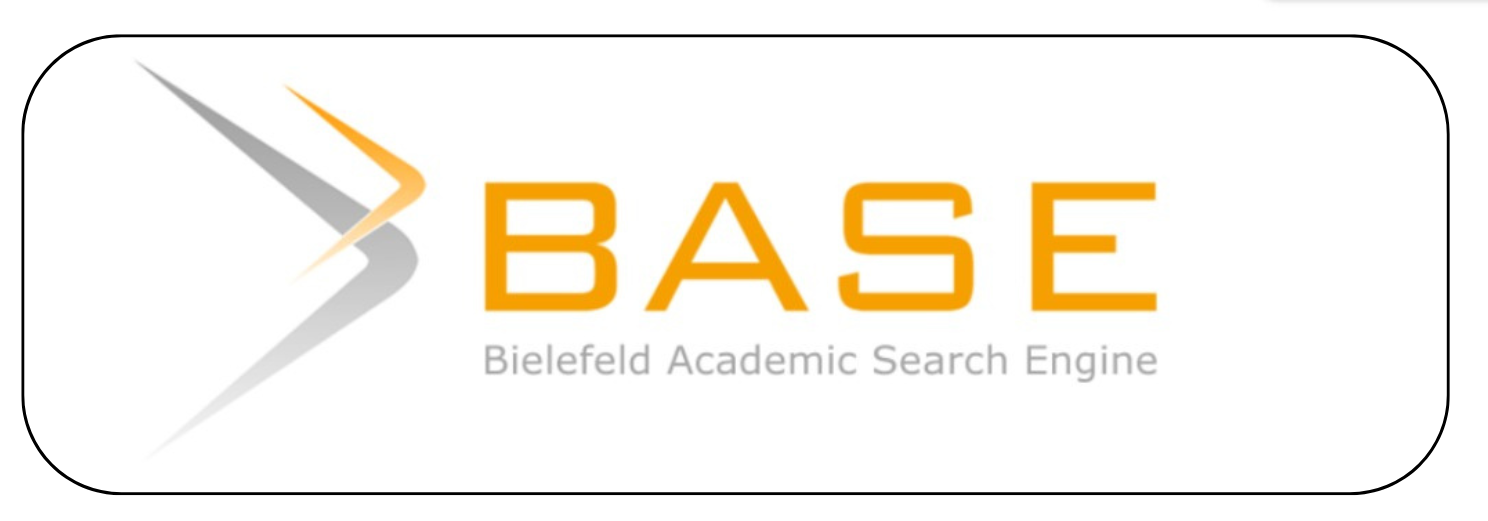Challenges And Satisfaction Of Malaysian Lecturers In Delivering Online Classes From Home
DOI:
https://doi.org/10.61688/jev.v5i3.339Keywords:
Teaching Challenges, Lecturer's Satisfaction, Online Learning, Malaysian LecturerAbstract
The COVID-19 pandemic has transformed the educational landscape, compelling Malaysian lecturers to shift from traditional face-to-face instruction to online teaching. This rapid transition introduced various challenges and opportunities that have significantly influenced lecturers' satisfaction. Key issues include technological barriers such as inadequate internet connectivity and limited digital proficiency, which hinder effective student engagement. Additionally, the home environment, with its inherent distractions, exacerbated stress and feelings of isolation among educators, further complicating their teaching experience. Despite these challenges, online teaching offers flexibility in time management and the potential to reach a broader audience, which can enhance job satisfaction. However, the balance between these benefits and the obstacles faced remains delicate, particularly when lecturers must manage both professional responsibilities and personal well-being.
The literature highlights the need for improved institutional support and comprehensive training programs to enhance digital literacy among educators. Moreover, the psychological impact of online teaching, including feelings of isolation and decreased motivation, has emerged as a critical concern. Addressing these issues is essential for maintaining educational quality and lecturer satisfaction in online teaching environments. Further research is needed to explore the long-term effects of online teaching on lecturer satisfaction and student outcomes, as well as the specific coping strategies lecturers employ to navigate these challenges effectively.
Downloads
Downloads
Published
How to Cite
Issue
Section
License
Copyright (c) 2024 SURIZA NOORFAHMI BINTI HASHIM, NORSUHAILA BINTI SAMSURI

This work is licensed under a Creative Commons Attribution 4.0 International License.












